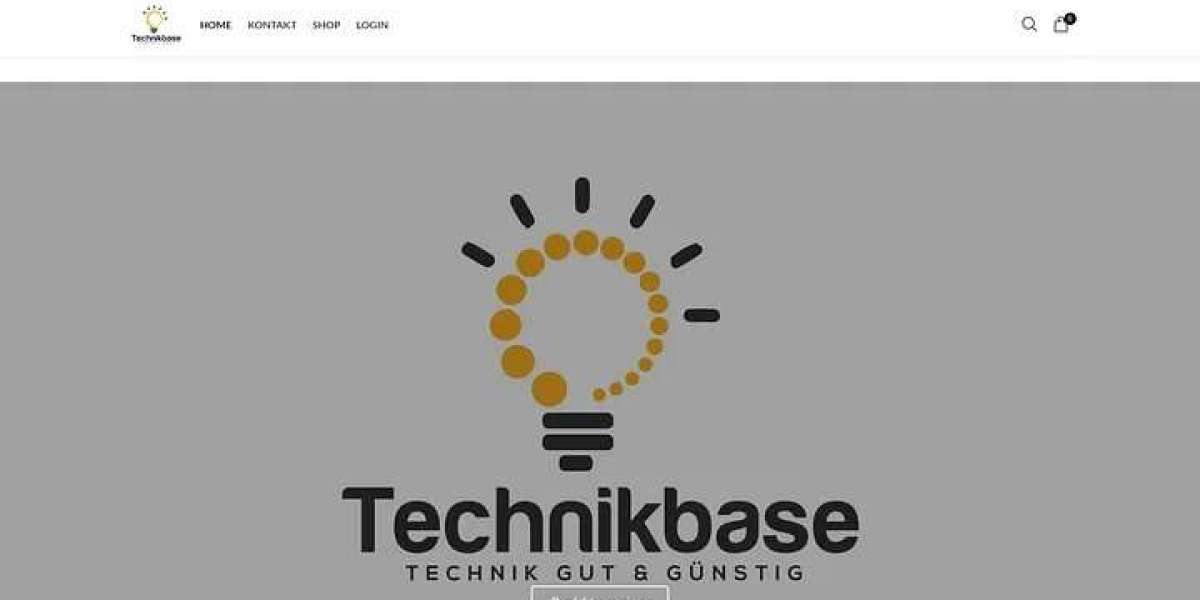In recent years, Artificial Intelligence (AI) has transitioned from a futuristic concept to a powerful tool driving innovation in various industries. For startups, particularly those in software development, AI has become a game-changer, enabling them to streamline processes, reduce costs, enhance decision-making, and offer innovative solutions to their clients. As AI continues to evolve, the possibilities for its integration into startup software development are vast. In this article, we will explore the key trends that startups should watch in AI-driven software development.
The Role of AI in Software Development for Startups
AI is rapidly becoming an integral part of the software development process, particularly for startups. By automating routine tasks, improving code quality, and enhancing the user experience, AI helps startups overcome resource constraints and achieve greater efficiency in their software development lifecycle. AI-powered tools are becoming more accessible and affordable, making them an attractive option for startups aiming to stay competitive in an increasingly fast-paced digital landscape.
AI’s influence on software development for startups can be broken down into several core areas:
Automating Routine Tasks In any software development project, there are numerous repetitive tasks that can take up valuable time and resources. Tasks such as bug detection, code optimization, and testing can be automated using AI tools. These tools can analyze code in real time, identify potential issues, and even provide suggestions for improving code quality. By automating these tasks, startups can significantly reduce development time and accelerate time-to-market.
Improved Code Quality AI-powered coding assistants, such as GitHub Copilot and Tabnine, have revolutionized the way developers write code. These tools leverage machine learning to suggest code snippets, detect errors, and propose best practices. By using these AI tools, startups can ensure their software is of higher quality, with fewer bugs and more efficient code. This leads to reduced debugging and maintenance efforts and an overall better end product.
Enhanced Decision-Making One of the key advantages of AI in software development is its ability to analyze vast amounts of data and provide actionable insights. Startups can use AI-powered analytics tools to monitor user behavior, gather real-time data on software performance, and identify patterns that can inform product decisions. By leveraging AI for decision-making, startups can make data-driven choices that improve their product and align it more closely with market needs.
Personalized User Experiences As user expectations continue to rise, startups are increasingly turning to AI to deliver personalized experiences. AI-powered algorithms can analyze user behavior, preferences, and interactions with the software to offer personalized recommendations, content, and features. This is particularly useful in industries such as e-commerce, entertainment, and fintech, where customer satisfaction and engagement are critical to success. AI allows startups to deliver tailored experiences at scale, which was previously impossible with traditional methods.
Enhanced Security Security is always a top concern for software developers, especially in the context of startups that may have limited resources. AI can play a significant role in improving software security by detecting vulnerabilities, identifying potential threats, and even predicting future security breaches. Machine learning algorithms can analyze large amounts of data to identify patterns of malicious activity and flag potential risks in real-time, allowing startups to respond faster to security issues and protect sensitive data.
Key Trends to Watch in the Future of AI in Startup Software Development
As AI continues to evolve, several key trends are emerging that will shape the future of AI in software development for startups. Here are some of the most important trends to keep an eye on:
1. AI-Driven Low-Code/No-Code Development
One of the biggest trends in the software development space is the rise of low-code and no-code platforms. These platforms allow non-technical users to build applications without needing to write extensive code. AI is making these platforms even more powerful by automating complex tasks and providing intelligent suggestions for app development. This trend is empowering startups to quickly develop applications without the need for a large development team. Startups with limited resources can now leverage AI-powered low-code/no-code platforms to build and launch their products faster.
By using AI-driven low-code platforms, startups can automate many parts of the development process, such as UI design, backend logic, and data handling. This enables non-developers to build prototypes, test new ideas, and bring products to market quickly, without relying on a full-fledged development team. In the future, we can expect even more advanced AI-driven low-code/no-code solutions, making software development accessible to even more people.
2. AI in DevOps and Continuous Integration
AI is also revolutionizing the way startups handle DevOps (development and operations) and continuous integration (CI). By automating various aspects of the development pipeline, AI is helping startups optimize software deployment, testing, and monitoring. Machine learning algorithms can analyze past deployments to predict potential issues and identify the best strategies for scaling applications.
AI can also optimize continuous integration workflows by identifying inefficiencies and recommending improvements. By analyzing historical data, AI can predict bottlenecks in the development process and suggest changes to improve team productivity. For startups looking to scale quickly, AI-powered DevOps tools can significantly enhance their ability to deploy high-quality software at scale.
3. AI-Powered Testing and Bug Fixing
Automated testing has been a part of software development for a long time, but AI is taking it to the next level. AI-powered testing tools can not only identify bugs but also predict potential problems before they occur. By analyzing historical data and code patterns, AI can proactively suggest fixes and improvements to the codebase. This reduces the time spent on manual testing and debugging, allowing developers to focus on more critical aspects of the software.
Moreover, AI can help identify hidden bugs that might be missed by traditional testing methods. By using AI-powered testing tools, startups can ensure that their software is thoroughly tested and free from critical bugs before it reaches the market. This can lead to better user experiences and reduced post-launch issues.
4. AI-Powered Software Maintenance and Updates
Once software is developed and deployed, the maintenance phase begins. Traditional software maintenance can be time-consuming and costly, but AI is changing the way startups handle ongoing updates and bug fixes. AI can help monitor the performance of the software in real-time, identify potential issues, and suggest fixes automatically.
Additionally, AI can help predict when updates or patches are needed by analyzing data on system performance, user feedback, and emerging security threats. By using AI-powered maintenance tools, startups can reduce the time and resources required to keep their software running smoothly, allowing them to focus on new features and product enhancements.
5. AI for Predictive Analytics and Business Insights
Predictive analytics is another area where AI is making waves in startup software development. By analyzing historical data and identifying patterns, AI can predict future trends and outcomes, helping startups make more informed business decisions. This is especially useful for startups that rely on data to drive product development and market strategies.
AI-powered predictive analytics tools can help startups forecast demand, optimize resource allocation, and identify new market opportunities. This enables startups to make smarter decisions and mitigate risks before they become significant issues.
6. Ethical AI Development
As AI becomes more integrated into software development, there will be a growing emphasis on ethical AI development. Startups will need to ensure that their AI systems are transparent, fair, and accountable. This includes addressing biases in AI algorithms, ensuring data privacy, and providing users with control over their personal information.
Ethical AI practices will be crucial for startups aiming to build trust with their users and comply with regulations. Startups that prioritize ethical AI development will have a competitive edge in attracting customers who are concerned about data privacy and fairness.
Conclusion: Embracing AI for the Future of Software Development for Startups
The future of AI in software development for startup is incredibly promising. From automating routine tasks to enhancing user experiences and improving security, AI is transforming the way startups build, deploy, and maintain software. By staying on top of the latest AI trends and integrating them into their development processes, startups can streamline operations, improve product quality, and accelerate time-to-market.
As AI continues to evolve, the potential for innovation in startup software development will only grow. Startups that embrace AI and stay ahead of these trends will be well-positioned for success in the ever-evolving digital landscape.
In summary, AI offers startups the opportunity to enhance their software development capabilities, deliver personalized user experiences, and make data-driven decisions. The trends outlined above are just the beginning, and as AI technology continues to advance, the possibilities for innovation in startup software development are endless.































